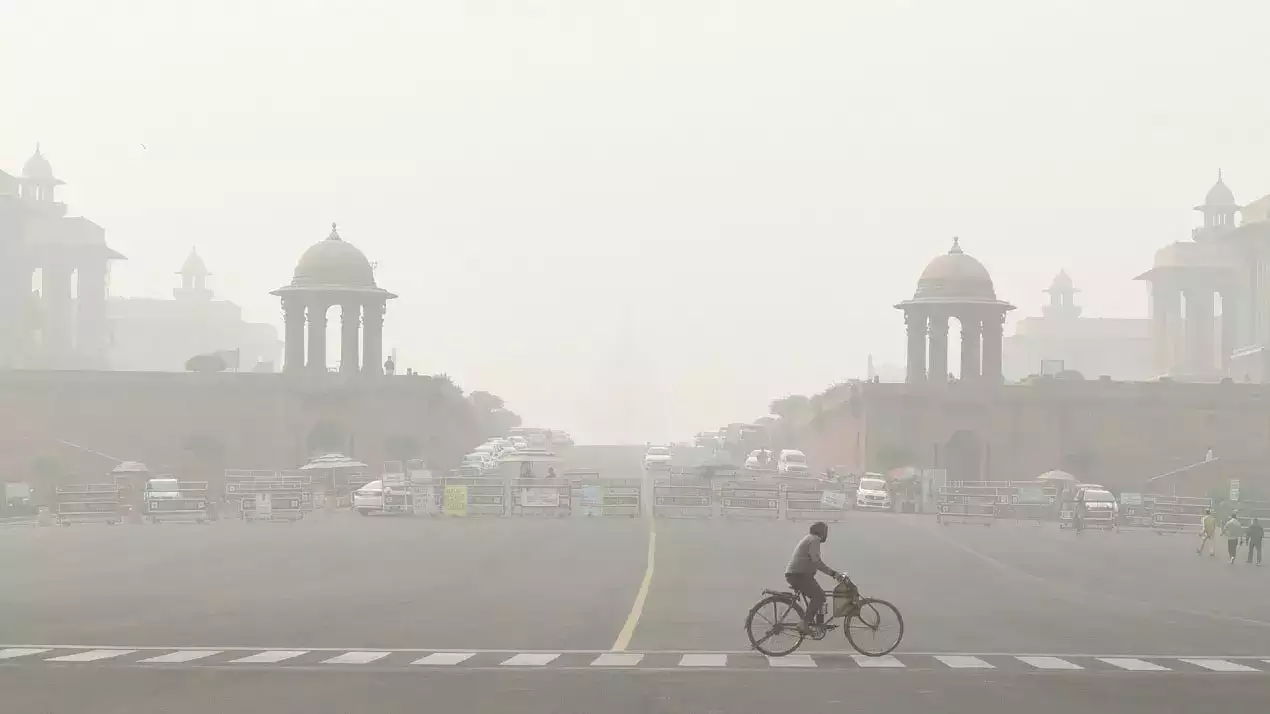 Delhi is reportedly set to welcome its first registered vehicle scrapping facility (RVSF).
Delhi is reportedly set to welcome its first registered vehicle scrapping facility (RVSF).Delhi is reportedly set to welcome its first registered vehicle scrapping facility (RVSF), aimed at dismantling older vehicles in an environmentally responsible manner.
During a recent meeting, the Delhi Pollution Control Committee (DPCC) classified these scrapping units as part of the orange category industry, indicating a moderate level of pollution. The DPCC is prepared to grant consent to private entities wishing to operate these facilities.
Officials noted that the DPCC will oversee the authorization of RVSFs under various regulations, including those pertaining to hazardous waste, e-waste, and plastic waste management. Currently, the capital lacks any dedicated scrapping units, compelling the transport department to combat vehicular pollution by seizing end-of-life vehicles (ELVs) and sending them to RVSFs in neighboring states.
ELVs are defined as petrol vehicles older than 15 years and diesel vehicles more than 10 years old. In response to environmental concerns, both the Supreme Court and the National Green Tribunal have mandated restrictions on the registration and operation of ELVs.
At its board meeting on September 27, the DPCC acknowledged the increasing need for scientific vehicle dismantling due to the central government’s regulations on deregistering older vehicles.
The committee expressed concern that without legal scrapping facilities, illegal operations could emerge in residential or non-conforming areas, posing significant pollution risks.
"As the activity is a service industry and also helps in the circular economy, consent may be granted to such units in approved industrial areas," the committee noted.
RVSFs will fall under the orange category in terms of pollution, which is categorized by the Central Pollution Control Board (CPCB) into four colors—red, orange, white, and green—based on the environmental impact.
A DPCC official highlighted the urgency of this initiative, stating that plans are in place to impound ELVs on a larger scale this winter. With the rising adoption of electric vehicles, the board decided to allow RVSFs to operate within the city.
"Any private entity with access to land in an industrial area and sufficient capital can apply for consent to operate. Monitoring of air and water quality, particularly for lead, will be conducted by the DPCC," the official explained.
In Delhi, approximately 50 lakh ELVs are currently registered, with 15,401 vehicles impounded so far in 2023 and 2024. The Commission for Air Quality Management has informed the Supreme Court that, despite a 50% reduction in crop stubble burning over the past three years, the presence of a large number of ELVs continues to exacerbate pollution levels.
Anumita Roychowdhury, Executive Director for Research and Advocacy at the Centre for Science and Environment, emphasized the importance of a well-structured scrappage system.
"A well-organized scrappage infrastructure is an integral part of any fleet renewal policy and schemes to replace older vehicles with new and electric vehicles. While this can reduce emissions from polluting vehicles, it also facilitates the recovery of materials for reuse, preventing toxic contamination of the environment," she stated.
Roychowdhury also stressed that as the scrappage infrastructure expands, effective implementation is crucial to ensure that all ELVs are accurately identified and directed to RVSFs.
